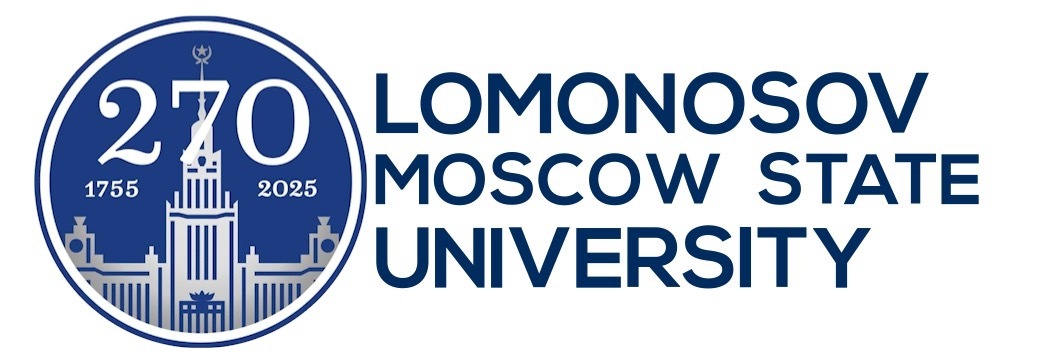The anniversary of Moscow State University marks an entire epoch in the history of science and culture in Russia. Celebrating the 270th anniversary is not just a moment of pride for what has been achieved, but also an opportunity to look to the future, set new goals, and continue the traditions that were established many years ago.
Moscow State University has become a true cultural and scientific treasure. Today, MSU is a powerful educational and scientific center participating in international research and projects, while preserving its rich traditions and unique atmosphere that inspires a new generation of students to achieve even greater heights.
Moscow State University has become a true cultural and scientific treasure. Today, MSU is a powerful educational and scientific center participating in international research and projects, while preserving its rich traditions and unique atmosphere that inspires a new generation of students to achieve even greater heights.
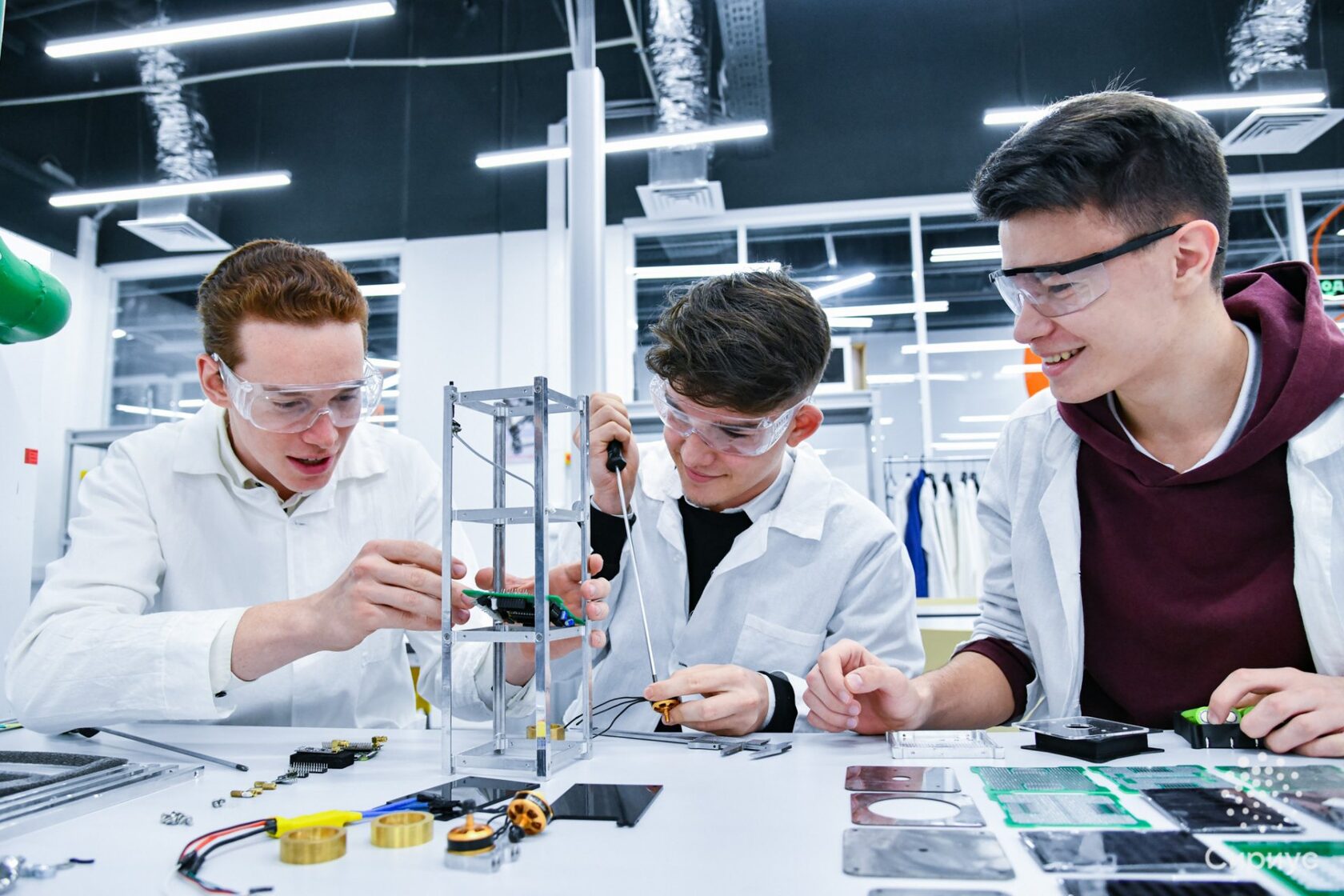
The history of MSU's development is closely tied to the history of space activities in our country. Since the dawn of the space era, MSU has conducted and participated in more than 240 space missions, including scientific involvement in the Soviet lunar program and space projects in deep space on Soviet automatic interplanetary stations to Venus, Mars, and more. Unique scientific data have been obtained covering research on cosmic rays of galactic and extragalactic origin, near-Earth radiation, monitoring space weather, and other areas. Throughout its long history, MSU has accumulated colossal experience in space activities.

Since 2005, MSU has been implementing its own space program, which involves the launch of satellites. Successful launches have included devices such as "Universitetskiy-Tatyana," "Universitetskiy-Tatyana-2," "YutSat," "Nuklon," "Vernov," and "Lomonosov." Foreign scientists from India, China, Korea, the United States, and the European Union have participated in MSU's projects, proving the university's leading international level in space research.
The history of MSU's development is closely tied to the history of space activities in our country. Since the dawn of the space era, MSU has conducted and participated in more than 240 space missions, including scientific involvement in the Soviet lunar program and space projects in deep space on Soviet automatic interplanetary stations to Venus, Mars, and more. Unique scientific data have been obtained covering research on cosmic rays of galactic and extragalactic origin, near-Earth radiation, monitoring space weather, and other areas. Throughout its long history, MSU has accumulated colossal experience in space activities.
Since 2005, MSU has been implementing its own space program, which involves the launch of satellites. Successful launches have included devices such as "Universitetskiy-Tatyana", "Universitetskiy-Tatyana-2," "YutSat," "Nuklon," "Vernov," and "Lomonosov." Foreign scientists from India, China, Korea, the United States, and the European Union have participated in MSU's projects, proving the university's leading international level in space research.
Since 2005, MSU has been implementing its own space program, which involves the launch of satellites. Successful launches have included devices such as "Universitetskiy-Tatyana", "Universitetskiy-Tatyana-2," "YutSat," "Nuklon," "Vernov," and "Lomonosov." Foreign scientists from India, China, Korea, the United States, and the European Union have participated in MSU's projects, proving the university's leading international level in space research.
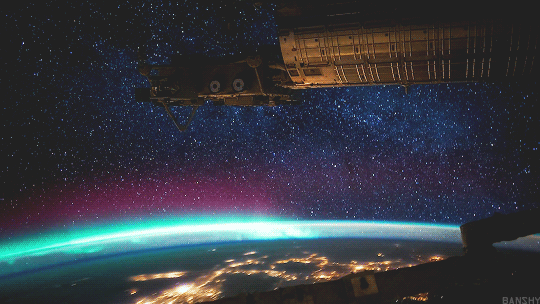
One of the leading research institutes in the field of space is the Skobeltsyn Institute of Nuclear Physics (SINP MSU). SINP MSU is a unique scientific institution that has become one of the leading centers in nuclear physics and related disciplines. Striving to understand the deepest laws of nature, the institute's scientists participate in the development of new theories and technologies.
SINP MSU is shaping a new generation of scientists, continuing the traditions of their predecessors and creating an atmosphere of creativity and innovation for students and graduate students who work under the guidance of outstanding researchers.
In 2019, MSU launched the new project called - "Constellation-270". It unites science, education, and engineering. Its goal is to create a group of satellites for various scientific missions developed by students and young scientists with the support of experienced professors. By participating in the project, students go through the entire cycle—from the idea of a space experiment to launch and analysis of results. Such programs become competitive and adequately represent Russia on the international stage, setting standards for other countries. "Constellation-270" is developing within the framework of MSU's School of Natural Sciences "Space," Space-Pi with the support of the Innovation Support Fund.
In 2019, MSU launched the new project called - "Constellation-270". It unites science, education, and engineering. Its goal is to create a group of satellites for various scientific missions developed by students and young scientists with the support of experienced professors. By participating in the project, students go through the entire cycle—from the idea of a space experiment to launch and analysis of results. Such programs become competitive and adequately represent Russia on the international stage, setting standards for other countries. "Constellation-270" is developing within the framework of MSU's School of Natural Sciences "Space," Space-Pi with the support of the Innovation Support Fund.
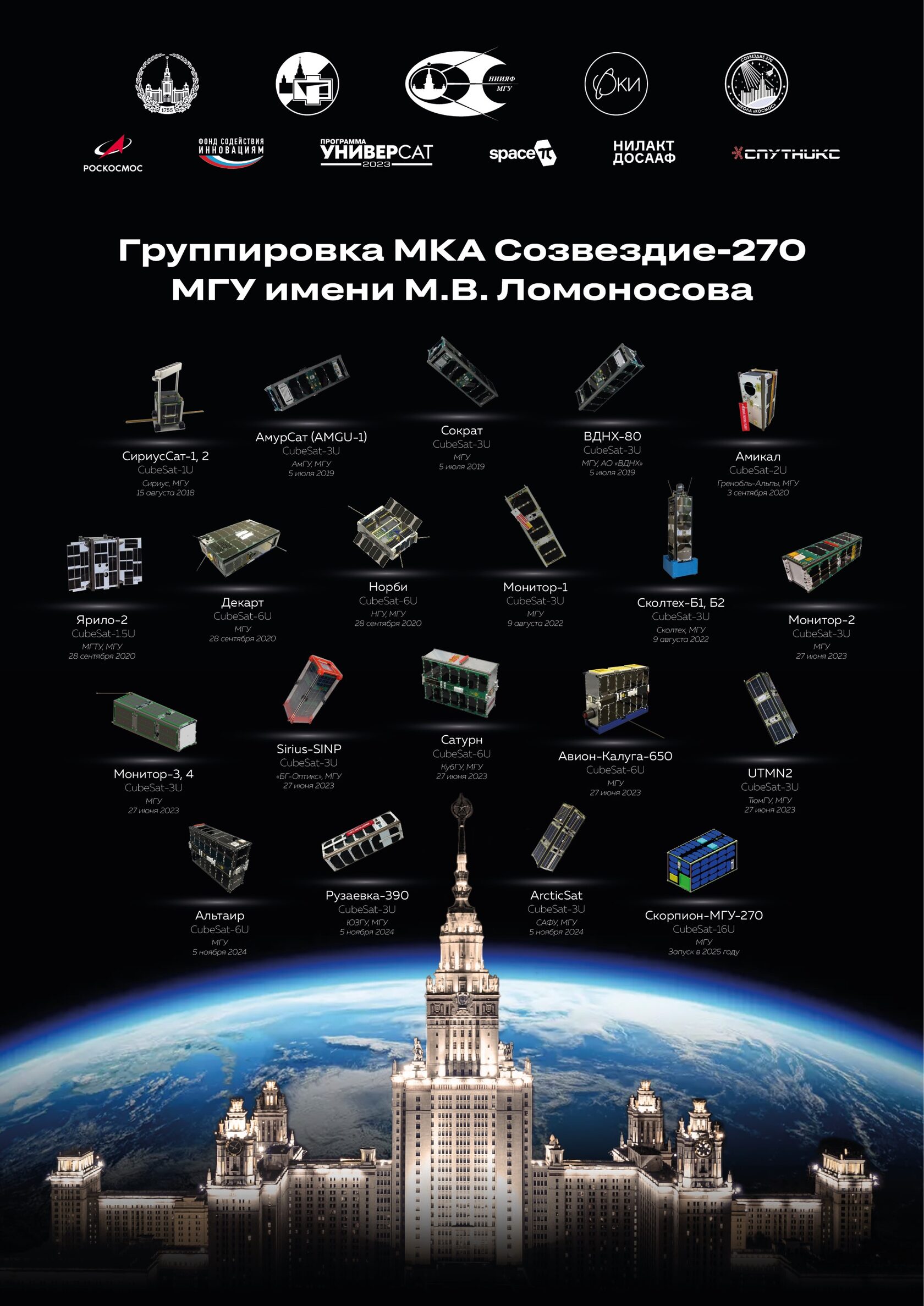
SINP MSU is assisted in its journey to the stars by the Radiation Monitoring Laboratory (RML) under the leadership of Laboratory Head Vladislav Osedlo. RML is an important scientific unit focused on studying and monitoring the radiation environment. The staff are developing methods and technologies for monitoring radiation background and studying the effects of radiation on the environment and human health.
Research conducted in the laboratory includes both fundamental and applied aspects of radiation physics. Monitoring radiation conditions in space is carried out using specialized meteorological and geophysical satellites. The lab's and the institute's overall goal is to create a constellation of small satellites in the CubeSat format, which will enable relatively low-cost implementation of operational radiation forecasts in various areas of near-Earth space. The laboratory's primary developments are small spacecraft and scientific instruments for cosmic radiation research.
Here are some scientific instruments:
The Universal Semiconductor Spectrometer (USS) is designed to obtain the spectrum of charged particles—protons and electrons. The device uses semiconductor detectors in a telescope format.
KODIZ-2 (Combined Radiation Detector) is intended for the registration of electron, proton, and cosmic radiation particle streams along three mutually perpendicular directions.
Research conducted in the laboratory includes both fundamental and applied aspects of radiation physics. Monitoring radiation conditions in space is carried out using specialized meteorological and geophysical satellites. The lab's and the institute's overall goal is to create a constellation of small satellites in the CubeSat format, which will enable relatively low-cost implementation of operational radiation forecasts in various areas of near-Earth space. The laboratory's primary developments are small spacecraft and scientific instruments for cosmic radiation research.
Here are some scientific instruments:
The Universal Semiconductor Spectrometer (USS) is designed to obtain the spectrum of charged particles—protons and electrons. The device uses semiconductor detectors in a telescope format.
KODIZ-2 (Combined Radiation Detector) is intended for the registration of electron, proton, and cosmic radiation particle streams along three mutually perpendicular directions.
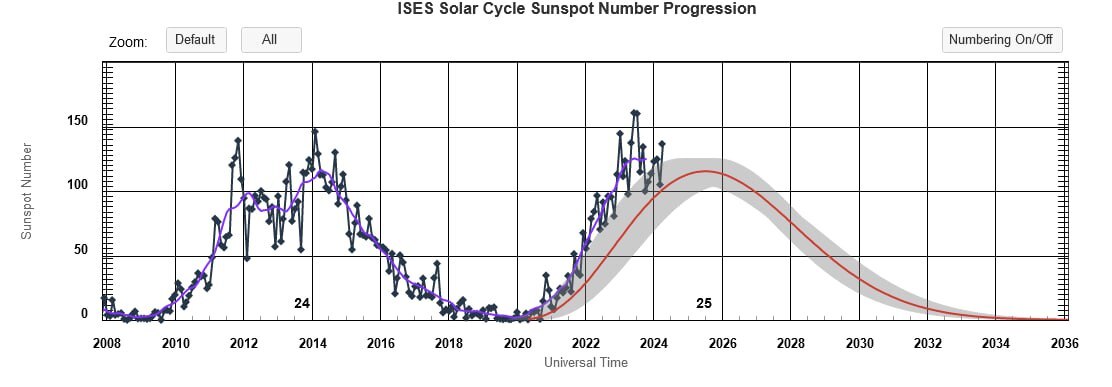
The MADIZ instruments (matrix radiation detector) and MADIZ-2 were prepared by participants of the "Sirius" project, as well as schoolchildren and students from MSU with the support of RML scientists. MADIZ and MADIZ-2 are educational instruments that allow project participants to explore methods of designing space equipment and registering cosmic radiation.
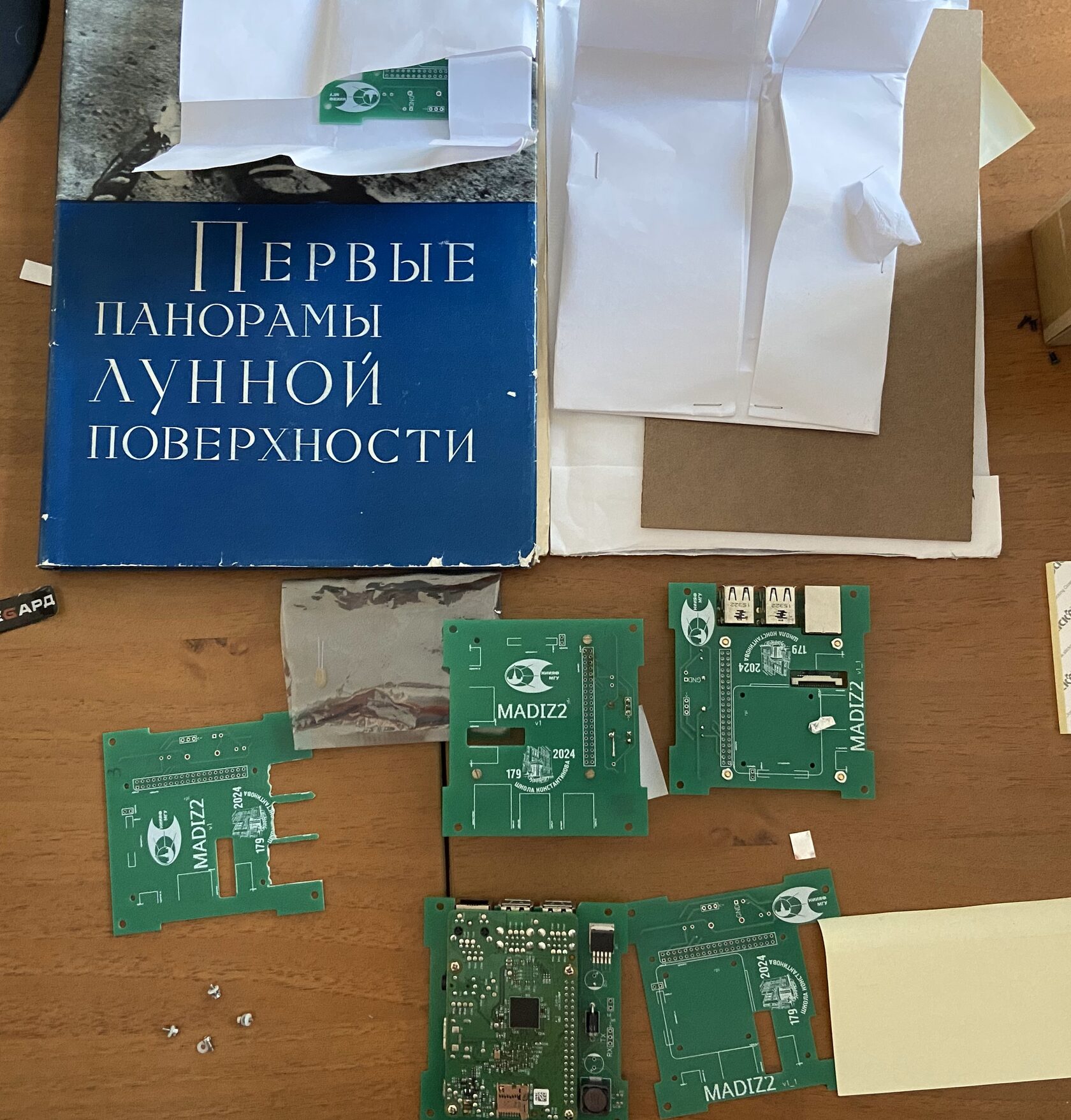
At 10th Innovation Competition for Future Aircraft in China( 2024), a team including talented young researchers from RML—Georgy Antonyuk, Anna Sazonova, Ivan Zolotarev, Pavel Sedykh, Matvey Lebedev—was awarded a first-degree diploma for their project, MADIZ.

In the current year 2025, more large-scale projects are planned for launch, one of which is named SCORPION. One of the experiments of "Scorpion" is the project for an automatic biological laboratory, BIOL. The automatic biological laboratory is designed for remote study of microorganisms in space conditions in real-time through fluorescence caused by exposure of "microcosmonauts" to flashes of light or chemical reagents that induce their luminescence.
Research on the effects of space on living organisms plays a key role in expanding our understanding of the mechanisms of life adaptation to extreme conditions. In particular, working with photosynthesizing microorganisms like Chlorella represents a particularly interesting aspect of astrobiology. Such research opens new doors to understanding how living organisms adapt to cosmic conditions, where physical and biological parameters significantly differ from those on Earth.
All these initiatives highlight MSU's commitment to space research. As Sergey Korolev said: "Space exploration has an infinite future, and its prospects are as boundless as the universe itself." This inspiration lives on in the projects and research carried out within our university's walls.
Research on the effects of space on living organisms plays a key role in expanding our understanding of the mechanisms of life adaptation to extreme conditions. In particular, working with photosynthesizing microorganisms like Chlorella represents a particularly interesting aspect of astrobiology. Such research opens new doors to understanding how living organisms adapt to cosmic conditions, where physical and biological parameters significantly differ from those on Earth.
All these initiatives highlight MSU's commitment to space research. As Sergey Korolev said: "Space exploration has an infinite future, and its prospects are as boundless as the universe itself." This inspiration lives on in the projects and research carried out within our university's walls.
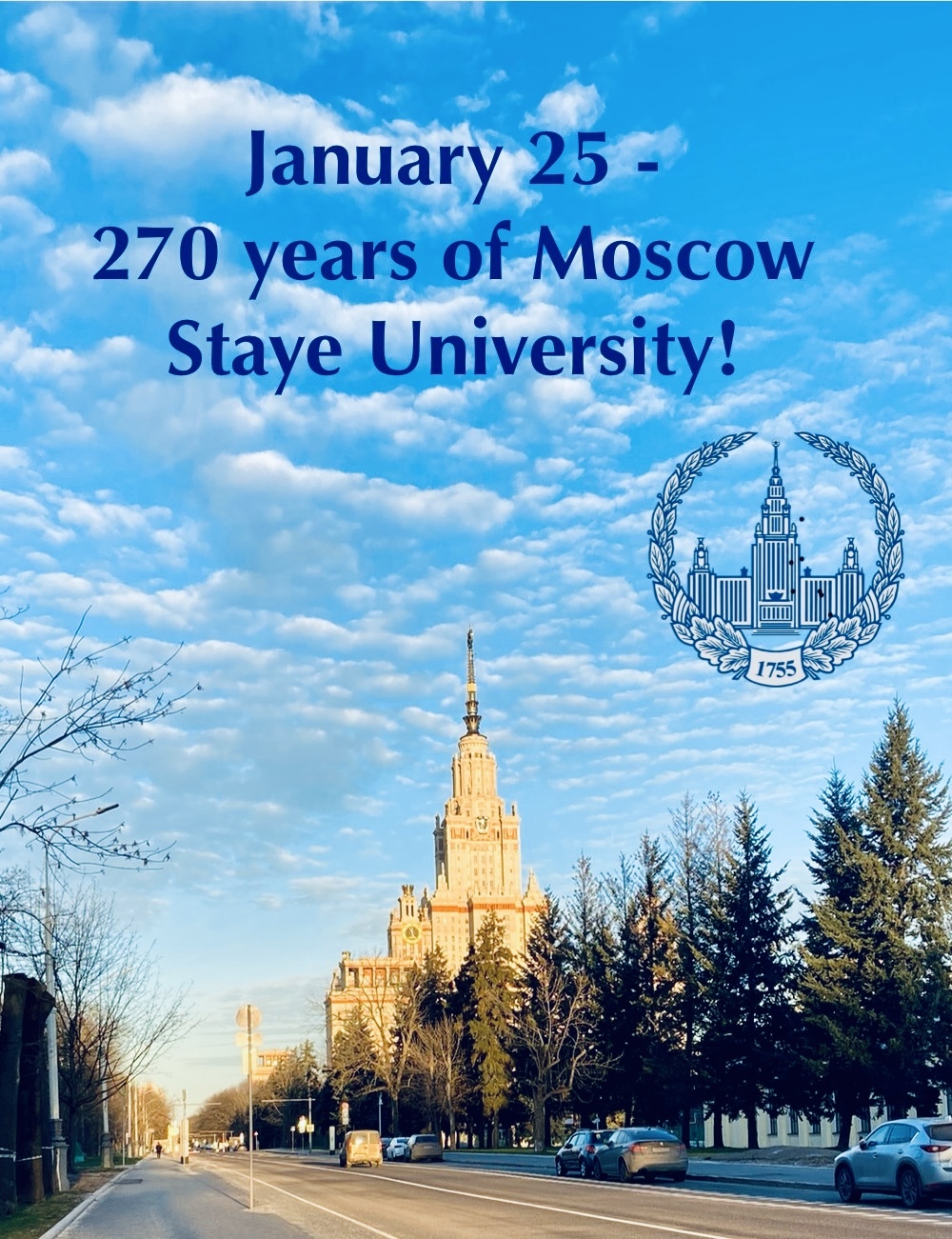
Congratulations and wishes for continued prosperity!
